Earth Hour: Dare the World to Save the Planet
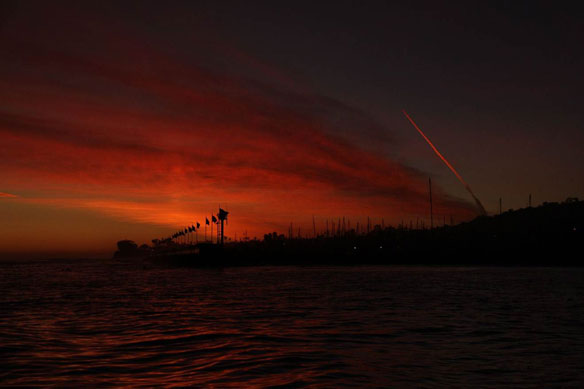
We only have one planet. You can help protect it. Participate in the world’s largest single campaign for the planet: Earth Hour. It starts by turning off your lights for an hour at 8:30 pm on March 31, 2012 in a collective display of commitment to a better future for the planet.
Precipitation Impacts Glacial Melt
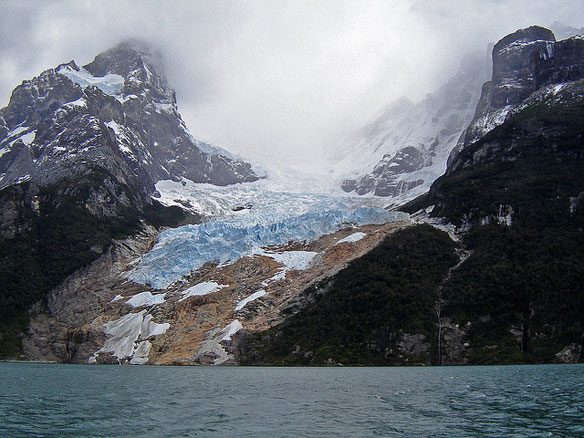
As glaciers fluctuate, retreating or adding mass, they dramatically affect the water cycle, locking up fresh water as they amass, causing the sea level to rise as they thaw and retreat.
Scientists Warn of Emergency on Global Scale
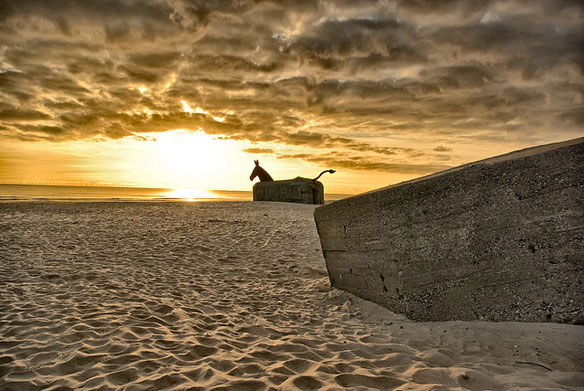
In a “State of the Planet” declaration issued after a four-day conference, leading scientists said Earth was now facing unprecedented challenges, from water stress, pollution and species loss to spiralling demands for food.
Managing the Risks of Extreme Events and Disasters to Advance Climate Change Adaptation, IPCC
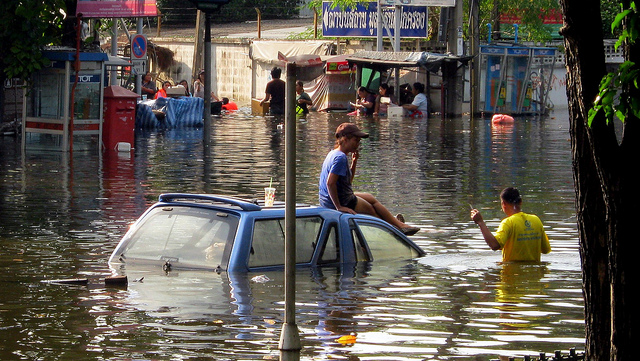
Climate change is amplifying risks from drought, floods, storms and rising seas, threatening all countries, and nations should prepare, an international panel of climate scientists warned in a report issued Wednesday. The report pointed in particular at coastal megacities.
A decade of weather extremes
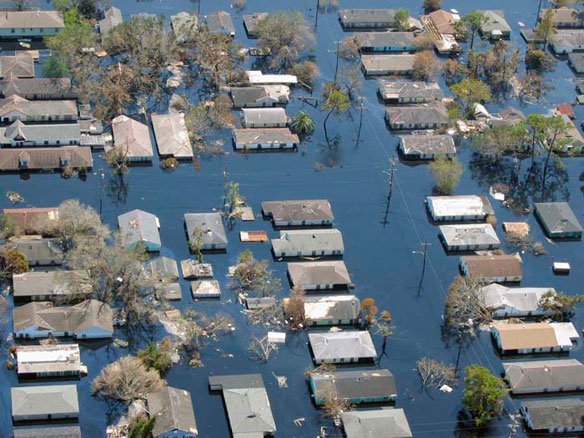
The ostensibly large number of recent extreme weather events has triggered intensive discussions, both in- and outside the scientific community, on whether they are related to global warming.
Amount of Coldest Antarctic Water Near Ocean Floor Decreasing for Decades
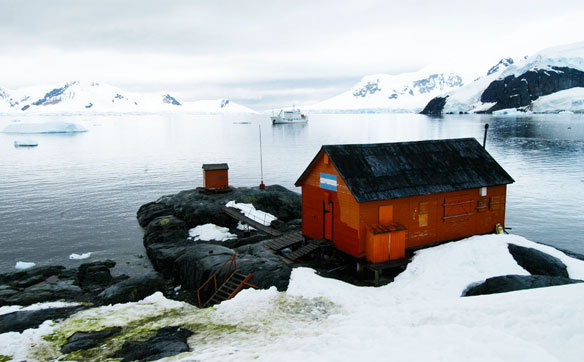
Oceanographers find that, the coldest deep ocean water, Antarctic Bottom Water, has been disappearing at an average rate of about eight million metric tons per second over the past few decades, equivalent to about fifty times the average flow of the Mississippi River. The world’s deep ocean currents play a critical role in transporting heat and carbon around the planet, thus regulating our climate.
Climate Change Damage to Oceans to Cost $2 Trillion
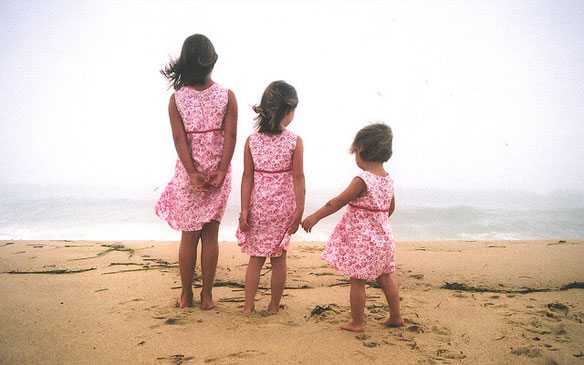
Greenhouse gases are likely to result in annual costs of nearly $2 trillion in damage to the oceans by 2100, according to a new Swedish study, by the Stockholm Environment Institute.
Scientists Look Far to the North to Explain Young Whale in San Francisco Bay
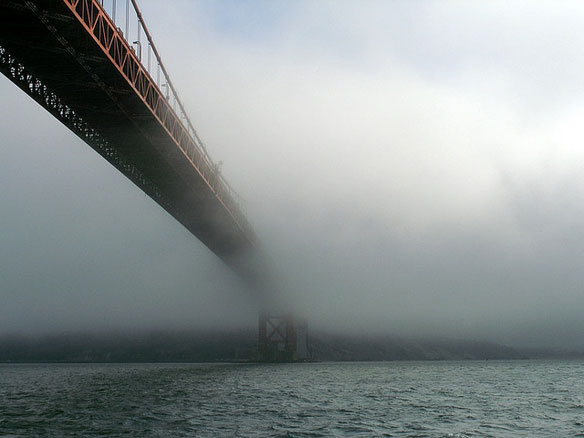
Recent sightings of a gray whale and her infant calf swimming near Alcatraz and Sausalito in San Francisco Bay illuminated a likely repercussion of melting polar ice, scientists said.
Ancient Sea-Level Rise and Projections for Future Increase
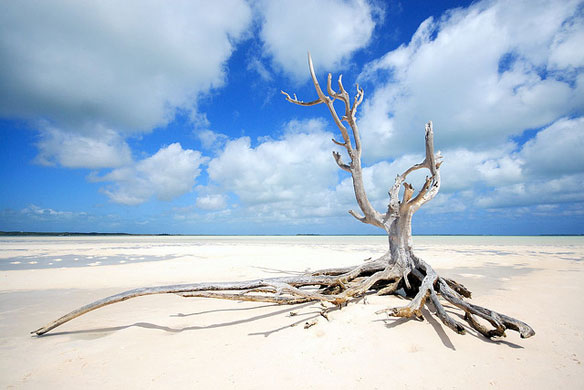
The seas are creeping higher as the planet warms, but scientists have not yet reached a consensus about how high they may go. Projections for the year 2100 range from inches to several feet, or more.
